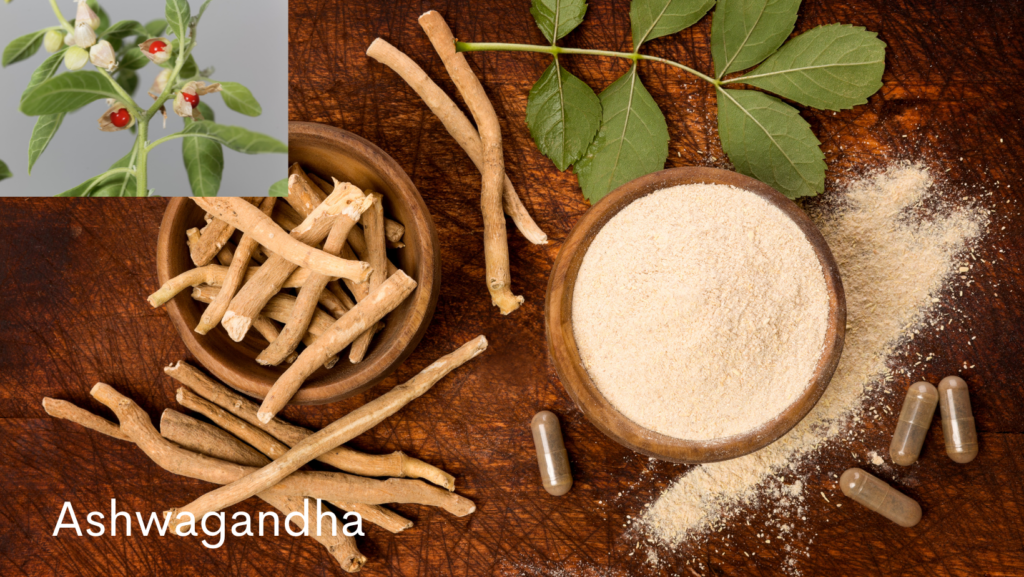
Ashwagandha – Withania somnifera – is one of the most commonly used herbs in Ayurveda practice, and being an adaptogen is only the beginning of what this herb can do for you. It is known as a Rasayana, or a tonic, and more specifically a nervine tonic, and is the most prominent Rasayana herb in Ayurveda. Here is a brief list of this powerhouse:
- Increases stamina and endurance – having natural properties to help relieve stress, calm you down, and boost your stamina
- supports and balances adrenal glands and thyroid problems
- protection against ulcers
- anti-tumor effects
- reduce uterine fibroids
- enhances memory
- useful for Parkinson’s, Huntington’s and Alzheimer’s – the neurodegenerative diseases by promoting the building and growth of dendrites – studies have shown it’s powerful effect of being able to regenerate nerve cells and support dendrite growth throughout the brain and body, thus being useful in the mention diseases, it manages to improve communication between the nerves and the body’s ability to heal nervous systems damage
- improves energy levels
- is an anti-inflammatory
- enhances the brain and nervous system
- promotes healthy sexual and reproductive balance
- potent antioxidant
Ashwagandha materia from Bitter Sweet Herbals
Brain Facts . org shares this very interesting and powerful information on how our brain changes as we age, and with this information and the information on Ashwagandha, you can see just how amazing this herb is. “Changes at the level of individual neurons contribute to the shrinkage and cortical thinning of the aging brain. Neurons shrink and retract their dendrites, and the fatty myelin that wraps around axons deteriorates. The number of connections, or synapses, between brain cells also drops, which can affect learning and memory.

Although synaptic changes are selective and subtle, their effect on cognitive decline is believed to be greater than the effects of structural and chemical changes. In the prefrontal cortex and hippocampus, scientists have observed alterations in dendrites, the branched extensions of nerve cells that receive signals from other neurons. With increasing age, dendrites shrink, their branches become less complex, and they lose dendritic spines, the tiny protuberances that receive chemical signals.
In a study of rhesus monkeys, scientists found the aging process targets a certain class of spines called thin spines. These small, slender protuberances are also highly plastic structures, extending and retracting much more rapidly than the larger “mushroom” class of spines. This has led scientists to speculate that thin spines might be involved in working memory, which requires a high degree of synaptic plasticity. The loss of thin dendritic spines could impair neuronal communication and contribute to cognitive decline.”
Do more in-depth research and learn just how Ashwagandha can help you, even if you think you are at your peak health!
Happy Brain Health!
Davilyn
